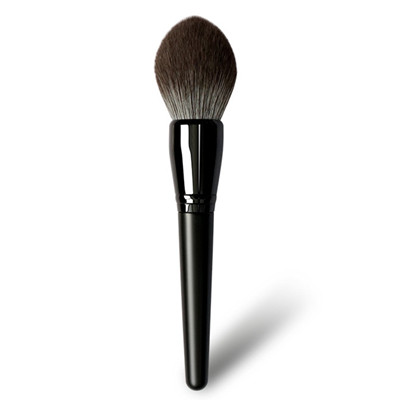Augmented and virtual realities, NFT, avatars, increasing online communities – we are constantly placed within a virtual space that alters our relationship with the world and beauty. After the pandemic, self-withdrawal, and the pervasiveness of technology, the consumption habits have evolved, just like consumers’ expectations. A report by Mintel outlines that in the next two years, we should expect to see three main trends – the importance of sustainability and ethics; consumers’ authenticity and a transformed identity mixing the real life one and the digital one; a redefinition of beauty and breaking down barriers. WANDS Paris decodes the latest trends.
The beauty industry and shared values - transparency, sustainability, naturality
The need to connect brands and consumers through a more responsible lifestyle is more and more imperative, according to a 2022 report by Mintel highlighting the necessity for brands to have ethical progress reports. Many web3 projects have been thought around sustainable engagements, like the one by Guerlain, When Material Becomes Art that merges futuristic, ecological, and artistic approaches, through 4 digital artworks. The project The Reaverse perpetuates the brand’s sustainable values – the digital world comes to rescue the real world, through a collection of 1828 cryptobees sold to protect real bees and to finance the development of a natural reserve. These endeavors are greatly appreciated by the consumers and widely shared on social media.
Furthermore, the interest has shifted towards green makeup or a form of naturality, as we can see through beauty social media trends, with concepts like the No make-up Look, the Dewy Look or the Glow Up (the expression reminds us of the Netflix show which celebrates diversity). The beauty sector is often associated to others, like spirituality and well-being: lately Kate Moss has launched her beauty and wellness brand, bringing to light a healthy lifestyle, beauty products, and well-being ones, like tea, to be accompanied by a daily ritual.
Authenticity and creativity through the prism of the digital world
More than ever, the bond between reality and the digital universe allows consumers to express themselves in plural ways. Besides cyborg-like filters (poreless skin, high cheekbones, catlike eyes, big eyelashes – a look coined “Instagram Face“), the digital world allows people to be different and free. Shopping is easier and encouraged by virtual try-on, widely developed in the beauty sector to visualize a product on oneself. The use of technology also enriches customer experience, personalization, and brand engagement. A recent study informs that 92% of Gen Z consumers are interested in augmented reality during a shopping experience. Yves Saint Laurent offers three tools to try augmented reality within the comfort of one’s home – Dress your lips for lipstick makeup, Master your gaze for the eye, and Face your style for the skin.
Today, many brands multiply the touchpoints during product launches, with virtual popups, immersive screens, augmented reality filters… It is a way to expand the brand’s notoriety and universe and to create a link with the consumers. The latest example by Prada Paradoxe shows how the barriers between reality and the digital field have erased – the brand asked its followers whether a fragrance could exist in a digital space, and they are invited to explore a multi-dimensional self and identity evolving constantly.
Redefining beaty and breaking down barriers
What is beauty? On social media, the concept is more inclusive and universal, advocating “happy beauty”. The launch of Clinique’s first NFT, named Metaoptimist, is inscribed within this positive attitude. Another campaign by the brand aims at including more diversity in the metaverse, with NFP (non-fungible people), and looks for people with various skin colors, face shapes, hair styles and makeup. A TikTok report insists on the increase of beauty videos globally and of content that celebrates beauty and flaws, inclusivity and difference. Only communities contribute to redefining what is beauty and what are their expectations.
Some brands are inspired by the virtual world in the creation of their products, offering a new space to consumers similar to the gaming industry. MAC Cosmetics has thus created 12 makeup looks within the game The Sims 4 and has launched a collection inspired by the game Honor of Kings. The gaming market paves the way for more freedom in the aesthetic world, allowing users to express their identity through their personalized avatars. Bridges, experiences, and emotions are created.
In an ever-changing world, links between the digital and real worlds, eccentricity and naturality, self-identity and others, are countless. The future of beauty is shaped by the consumers themselves and by the increase of digital experiences that are more authentic and community focused. In this context, it is necessary to reconsider customer experience to produce engagement and bring together communities around shared values. These evolutions leave room for creative evolutions for both brands and consumers.







